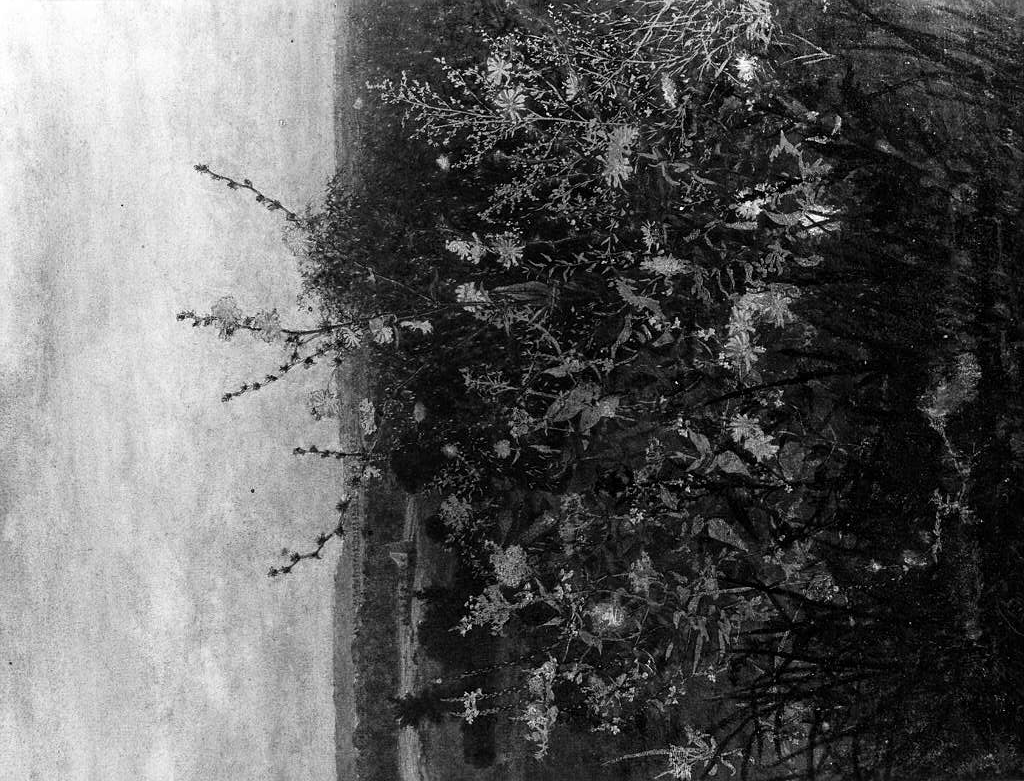With the draft of the “Democratize Our Campus – Win the Battle for Sustainability” petition approved by Furman YDSA’s general membership at our semester kickoff meeting, the ecological justice campaign our chapter voted to pursue over the summer is now in full swing. Over the next two months, we will collect signatures from Furman students, faculty, and staff to demonstrate popular support for the demand of a democratically elected student-worker committee to oversee the university’s new Climate Action Plan.
Why this campaign, and why now?
As with all ecological issues, the question “Why now?” needs only one answer: “Because we didn’t do it ten, twenty, thirty years ago.” We have to answer the call to struggle for a just and sustainable society now because now is when the future is made, and the only possible outcome of a now devoid of struggle is a future where there is no one left to struggle and nothing left to struggle for.
In the long view, what transpires at a small private university with a predominantly white, predominantly upper-middle income or wealthier student body will not be decisive in the global fight for ecological justice. It is ultimately only the masses in motion, the many oppressed and exploited millions organized for their collective interest, who will determine whether humanity lives to see the next century. But Furman is not isolated from the wider world. As a nearly billion-dollar business standing over a community of roughly three thousand people, it casts a long shadow over places near and far. The materials consumed here are imbued with the labor of untold workers from up to thousands of miles away. The people who work here exist in other communities as well, where they are actors in other theaters of class conflict which lie just out of view from our vantage point on campus. The students who live here hail from all over the world, and in a few short years we will all disperse across the world once again, carrying the experiences of our time here with us. Those of us who are drawn into the campaign for a democratic Climate Action Plan will go forth having internalized the lessons of that struggle, which will inform how we engage with the broader movement for ecological justice for the rest of our lives.
What should that engagement look like? At this late hour, there are paths we cannot afford to retread. We have seen the path of liberal reformism, institutional deference and technocratic tinkering expose itself in real time as a strategic dead end with a crippling deficit of the kind of vision we so desperately need. On the left wing of this “possibilist” approach, the Green New Deal has utterly failed, surgically dismantled by our undemocratic constitutional order and repackaged as a set of subsidies for corporate mega-polluters. On the right wing, efforts to influence the administrative state under the Obama and Biden administrations have all been dead on arrival, with the latter breaking new records in oil and gas production even as it boasts of token conservation efforts. We will choke on the air we breathe and be boiled alive in the rising seas before this kind of do-nothing, go-nowhere institutionalism ever delivers on its meager promises. If we were to follow a similar approach at Furman, attempting to secure environmental reforms through existing institutional channels, not only would we more than likely fail to win the most important of our material goals on campus, but we would without question fail to prepare ourselves to organize for ecological justice in the wider world in a way that has any hope of pulling the species back from the brink of climate catastrophe. To waste our potential in this way by allowing ourselves to be lured into the wilderness of reformism would be a betrayal of our responsibility to future generations to win the battle for a sustainable society. We have no choice but to formulate and practice a new kind of ecological politics, starting right here in our immediate context. Our campaign to bring the Climate Action Plan under democratically elected student-worker management is a crucial first step towards that goal. It represents an effort to redefine sustainability from a technocratic discipline to be haggled over in the halls of power into an ongoing, bottom-up, collective struggle for real popular sovereignty.
In addition to being profoundly democratic—in fact, in order for it to be profoundly democratic—our vision of ecological justice must also be essentially anti-capitalist. This is the other crucial element of our campaign. If we succeed in winning democratic student-worker control of Furman’s sustainability initiatives, we will be materially contesting the university’s status as a private institution by calling into question the ability of Furman’s private stakeholders to exercise full authority over its finances. It goes without saying that the Board of Trustees would not allow this to pass without massive resistance, and indeed we can expect a future democratically-decided and -enforced Climate Action Plan to be undermined and obstructed even more fiercely than one emerging from the existing institutional channels would be. But by carving out a formal arena for those in the community without multimillion-dollar portfolios to their name to claim the Climate Action Plan as their own and act accordingly, we will have opened a new site of intense class conflict between the capitalists who leech profit from our home and workplace on the one hand and a coalition of proletarians and circumstantially proletarianized students and faculty on the other. Even if we fail to see the student-faculty-staff committee implemented, by fighting for it we will have oriented the Furman community in struggle towards that end and opened up entirely new possibilities for campus politics in the coming years.
This—class struggle, people power, grassroots democracy—is what socialists stand for. This is what socialists have a duty to fight for. This is the approach we, as Furman YDSA, must have to ecological justice on our campus and the approach we must train ourselves in and carry into the wider world if we, as citizens of the Earth, are to live up to the demands history has placed on us at this do-or-die moment for the human species.




Leave a Reply